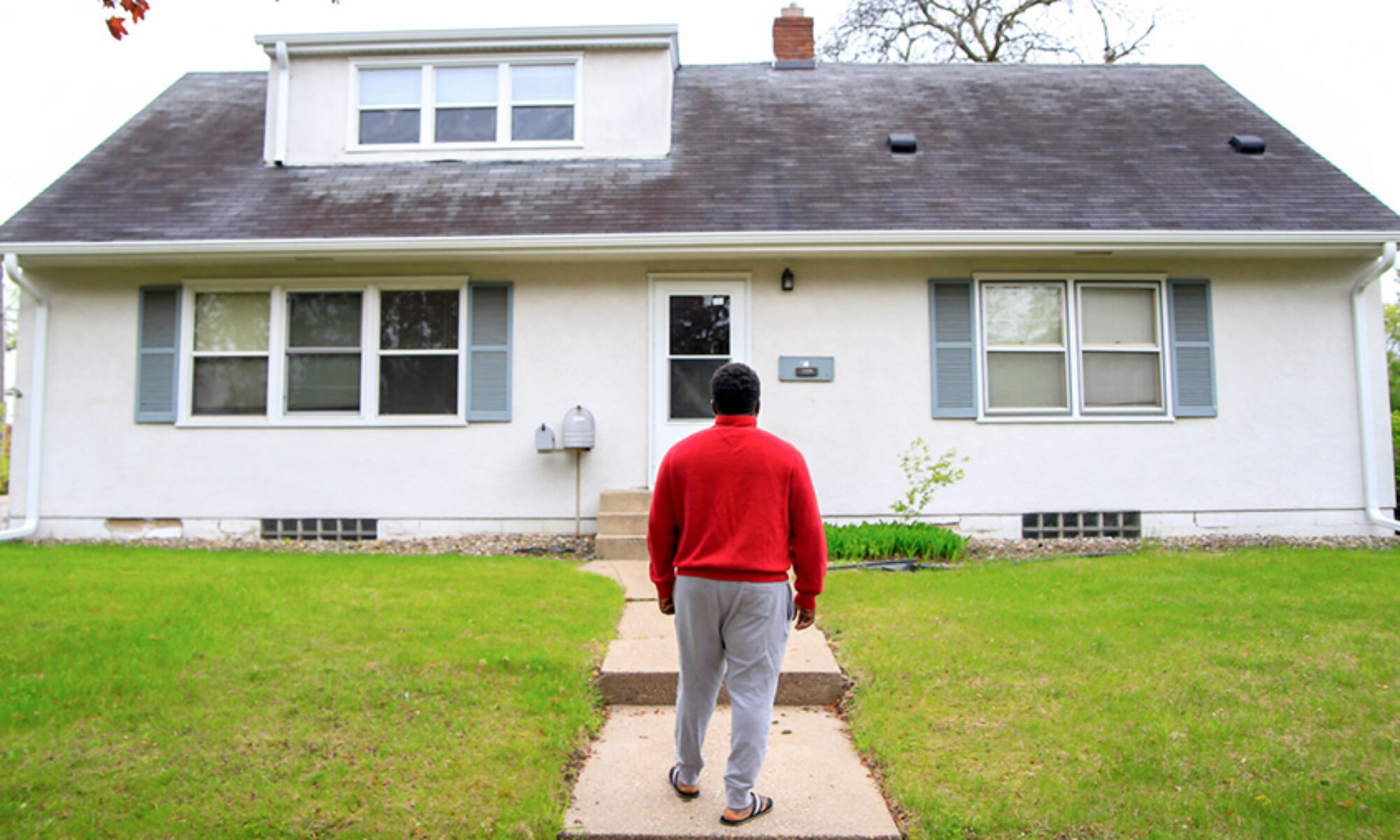
What’s your main role as staff at IAFR Jonathan House?
I’m the live-in staff member for Jonathan House’s home for women and children. I have the honor of spending most of my day in the company of these women. My hope is to form deep relational connections, with a focus on prayerful discernment and walking with them in friendship and love. I also get to support their independence in navigating transportation, English language, and life in the US, among other household-related tasks.
How did you first learn about the plight of asylum-seeking individuals in America?
I first heard about forcibly displaced people while working with people seeking refuge in Germany. This international focus on forced displacement then turned to my home country when I had the opportunity to be an English partner with World Relief. The honor I felt while we worked on English together caused me to look for internships where I could learn more. So I worked with Jubilee Partners in Georgia. I realized there that most organizations work with refugees, but for people seeking asylum, it’s a different process with fewer resources. It has been a journey of learning bits and pieces from opportunities God has put in front of me.
How did you first get involved in Jonathan House?
Through the work of God. I started working with IAFR and had a long discernment period when I wasn’t sure which ministry site I would go to. Minnesota wasn’t on my radar, but I became increasingly interested in their focus on shelter, hope, and healing for asylum-seeking individuals. Then I had a chance to visit Jonathan House. Through that visit and prayer, I saw God bringing me this opportunity to be live-in staff and to invest in relationships with my housemates.
What’s something that everyone can do to help the cause of asylum-seeking individuals in the US?
One of the biggest barriers is misperception of who people seeking asylum are and why they are seeking asylum. A lot of assumptions are made. A great way to change that is through relationships and finding ways to be in relationship with our asylum-seeking neighbors. It’s really helpful to look at resources to learn more about our immigration policies, too. For example, what are the different definitions for refugee, asylum-seeker, migrant, internally displaced person, forcibly displaced person, etc?
Is there a statistic or fact that has surprised you concerning asylum-seeking individuals?
It has continued to surprise and frustrate me understanding how long and slow the process for asylum is. At first, I also did not realize how important housing was for people seeking asylum. I can go on about relationships with people, but at the end of the day, do we have places and spaces for people who need shelter in this long asylum process? It can seem practical and boring to talk about housing, but I’ve been more surprised at the lack of accessible housing for people.
What is something asylum-seeking individuals have taught you?
Strength. I can often let the small things get in my way or turn them into larger worries. However, whether in learning English or through the conversation and laughter of our communal kitchen, asylum-seeking women in particular show me their persistence and strength to not give up despite multiple barriers. These women show me what joy and celebration looks like in the waiting.
Any other line of work you’re in?
Not currently, but I just came from working in Eldercare. I found it so rewarding and a truly needed line of work. My family would say that kids and older adults have always gravitated toward me. I really, really hope that it is true.
What languages do you speak?
English is my native language, and I learned German for four years in college. I can get around well enough in German, but wouldn’t say that I am fluent. It’s my hope to become fluent in another language, whether that be German or something else.
What are your hobbies?
I am a big fan of coffee. Whether meeting people for coffee or finding a new coffee shop, you’ll usually see me with my hands wrapped around a warm mug. In warmer months, I love taking walks and watching things grow. I am very excited for the gardening season here at Jonathan House! I also love making small watercolor cards for people to get in the mail. I’m no artist, but a simple card, usually with a good pun, is a fun thing in my in-between time that I hope makes people smile. Newer hobbies of mine include bread-making and sewing.



